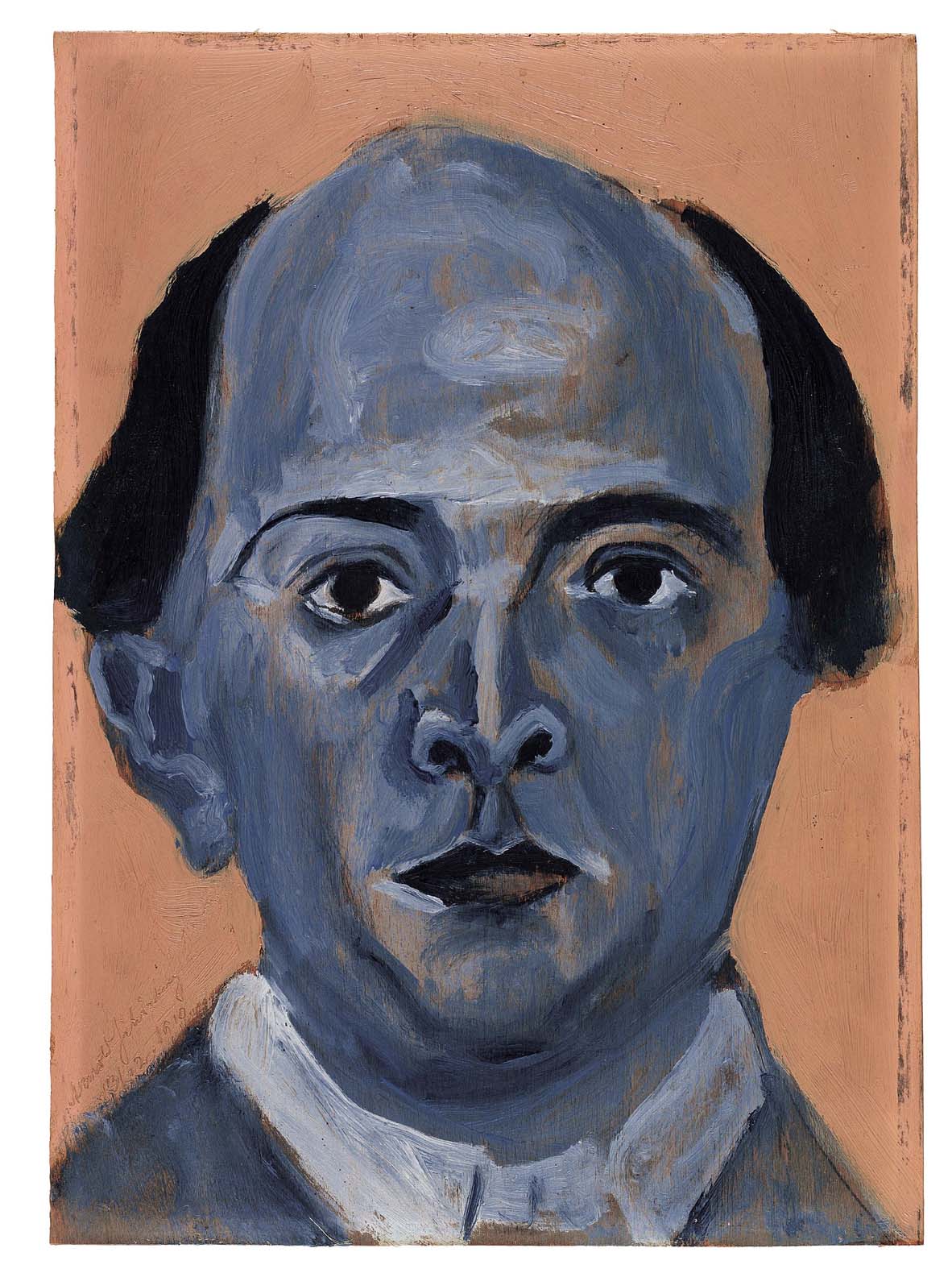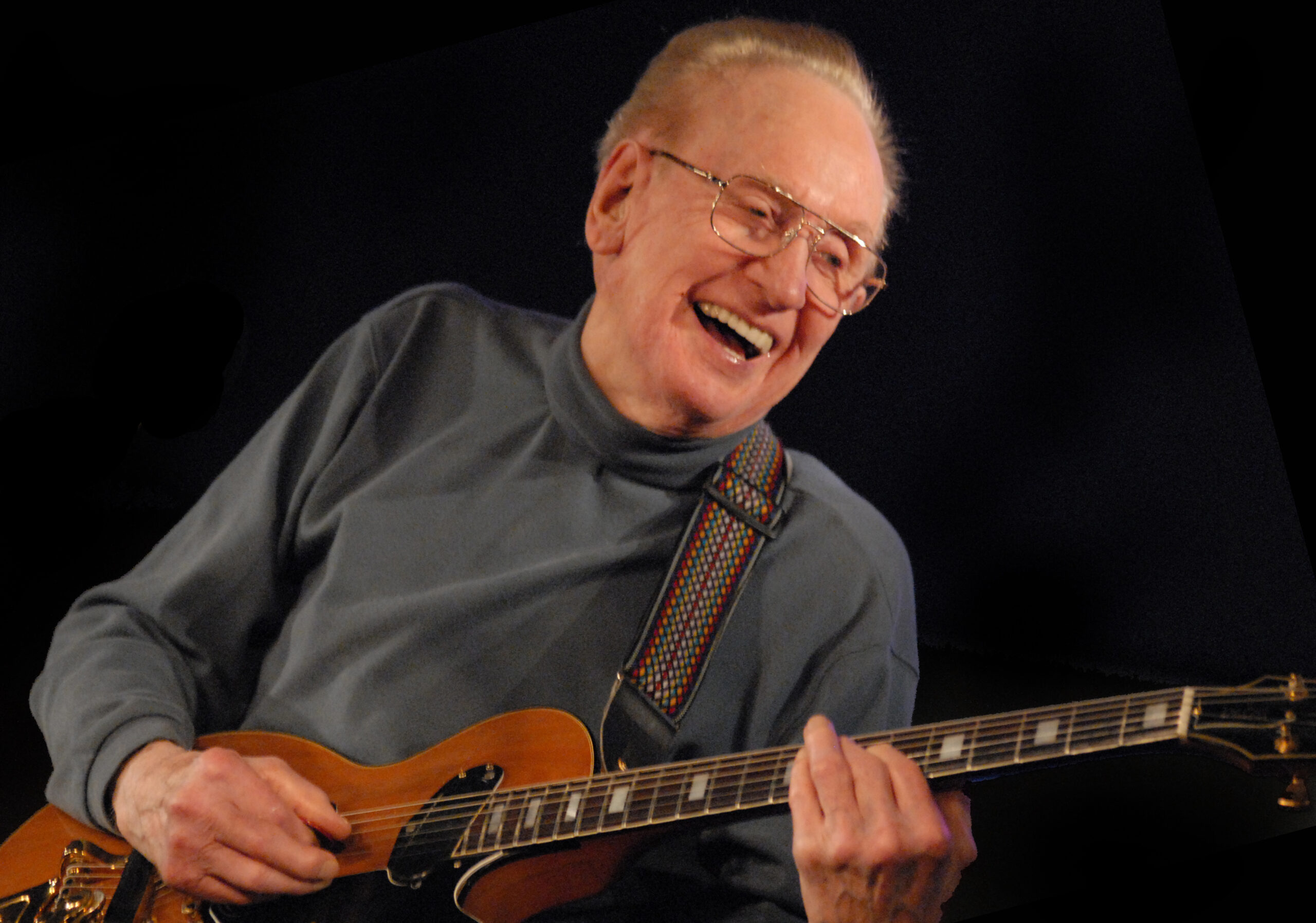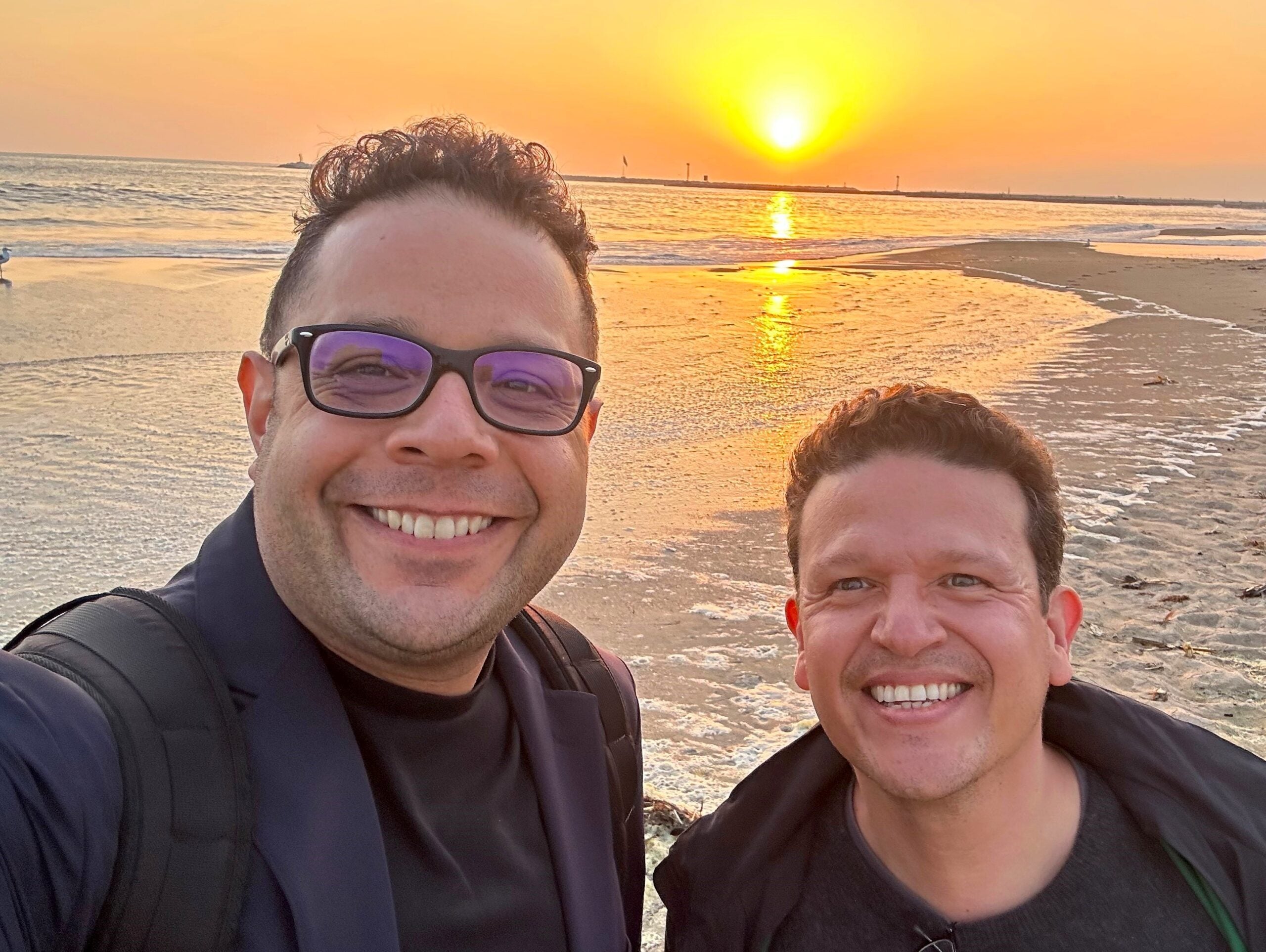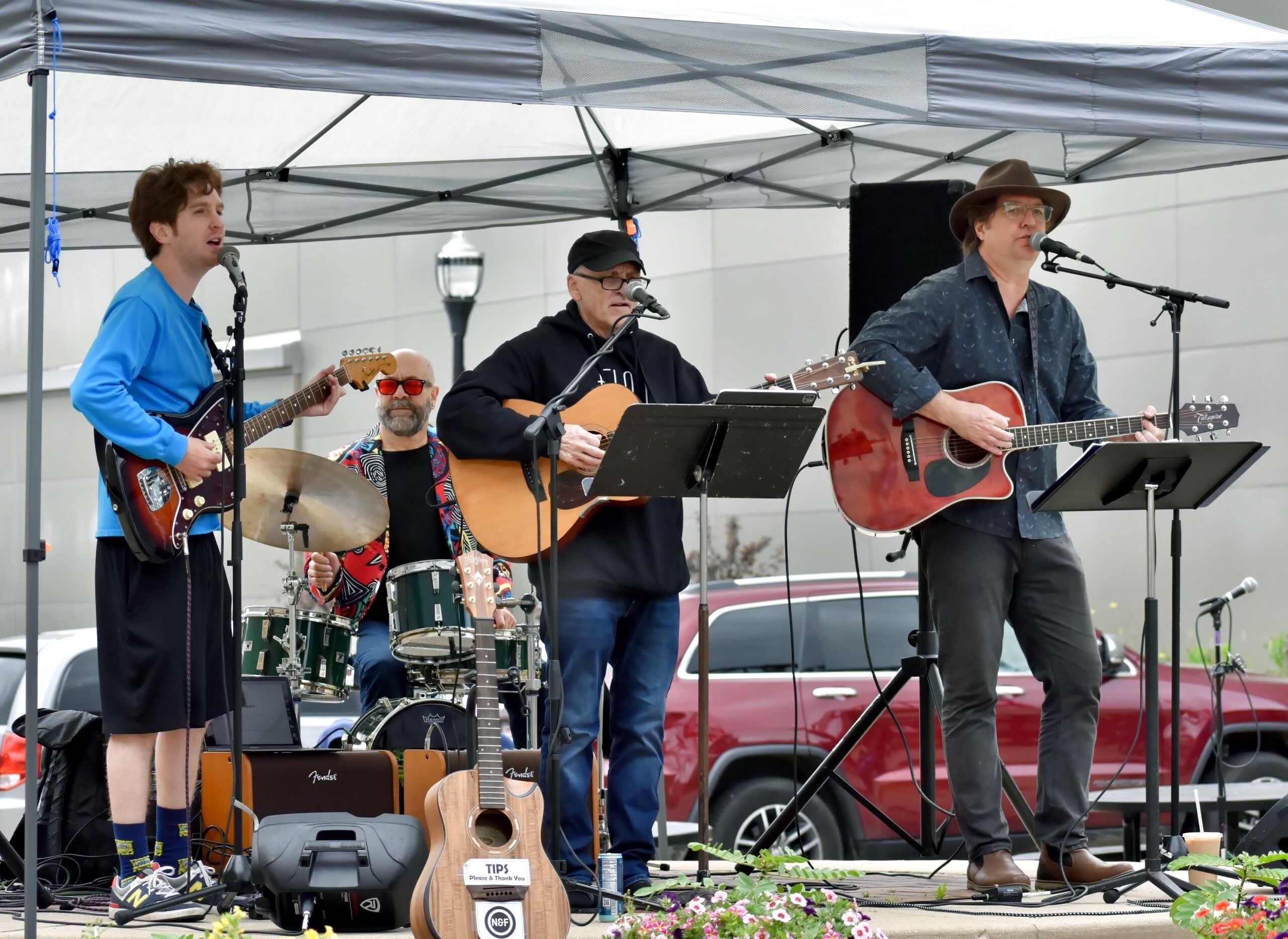Nineteen eighteen — it was a difficult time to be making a living writing music in Vienna, especially if that music was avant-garde. Nonetheless, Arnold Schoenberg, Alban Berg, and Anton Webern decided to create a Society for Private Musical Performances in Vienna.
The purpose of the society was to give new compositions their due by providing unlimited rehearsal time and frequent performances of important pieces. Membership fees were charged according to the member’s ability to pay. The fees were intended not to support the society so much as to demonstrate the member’s sincere interest in new music.
The founders of the Society banned the press from performances, discouraged guests, and did not even announce the evening’s music in advance. The limited resources of the Society forced it into a curious logic. Symphonic works usually had to be played in the form of reductions for one or two pianos. The rationalization was that these stripped-down performances would be more effective in exposing the composition’s basic worth — or worthlessness.
Stay informed on the latest news
Sign up for WPR’s email newsletter.
The composer whose music was performed more than any other was hardly avant-garde–Max Reger. Second was Claude Debussy. Then Bela Bartok. More than a year passed before Schoenberg allowed one of his own pieces to be included.
But a composer who was the antithesis of the avant-garde — Johann Strauss, received the most intensive preparations for a gala evening of music. In 1921 the Society poured twenty-five hours of rehearsal time into a gala waltz evening–more than twice the preparation time usually allotted for symphony orchestras.
For the big evening, Schoenberg, Berg and Webern arranged Strauss waltzes for string quintet, piano, and harmonium with the idea of auctioning off the manuscripts to support the Society. The result was a charming perspective on some of the best-known pieces of the Waltz King. But six months later the Society for Private Musical Performances passed into music history.
Wisconsin Public Radio, © Copyright 2025, Board of Regents of the University of Wisconsin System and Wisconsin Educational Communications Board.







